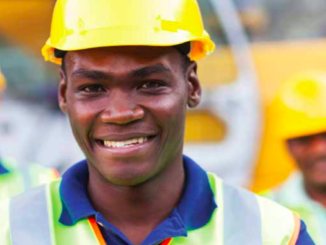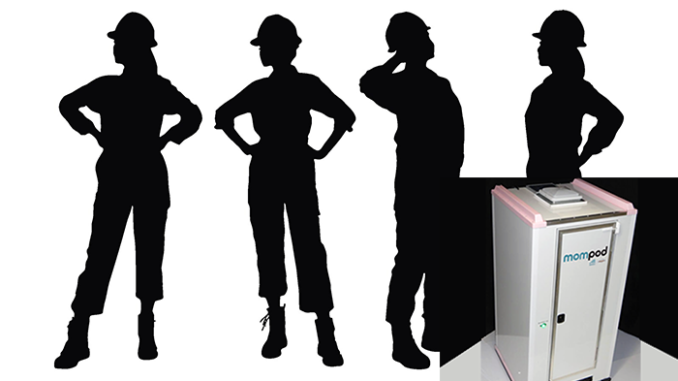
SMACNA-Western Washington and Local 66 collaborate to bring lactation pods to construction sites.
By Deb Draper
Across the United States and Canada, construction industries are grappling with a shortage of skilled trades workers, and the sheet metal industry is no exception. Today, less than 10% of sheet metal workers are women, making them a virtually untapped resource for the future’s workforce.
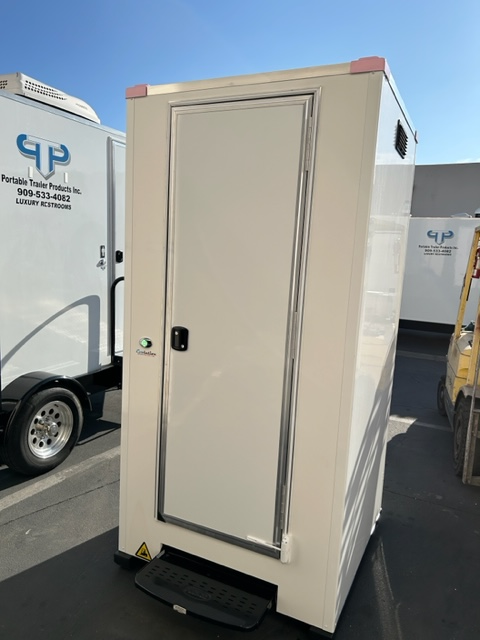
Attracting more women means first understanding the challenges and gender-specific barriers women face. Industry women’s groups, training centers, and labor-management partnerships are helping to share opportunities and address workplace culture issues, but one important obstacle remains: that many women must choose between being a full participant in the construction industry workforce and having a family.
SMACNA-Western Washington and Local 66 have announced a joint initiative that will begin to mitigate this barrier. The organizations have partnered to make lactation pods available to new mothers working in the sheet metal industry—a step they say begins to bridge the work-family gap for women entering the industry.
SMACNA-Western Washington Executive Vice President Julie Muller grew up in a construction family. She has always understood that women can go far in the industry if their needs are met.
“I was transferred from Southern California to Western Washington with one-year-old twins,” she says. “During an industry event, I met a young journeywoman with young children of her own. We exchanged stories about motherhood, and she said the only way she could continue to breastfeed her baby was to go down to her car parked on the jobsite, cover the windows with sheets, and use the cigarette lighter to pump. I instantly realized the inequality and that it was much easier for me to return to work with an office job than it was for her, working on a construction site.”
Several years later, while walking through an airport, Muller noticed lactation pods—unobtrusive, attractive tiny “rooms” set up with secure access for the privacy and comfort of breast-feeding moms. “Right away, I thought about how these could be used for women in construction,” she says. “Upon further research, I learned the only models available were not suitable for outdoor use, so I went on to find someone who could manufacture pods that could perform outside.”
Once she found a manufacturer, Muller asked the Women’s Committees at SMACNA – Western Washington and Local 66 to see if they were interested in joining forces on bringing the pods to construction sites.
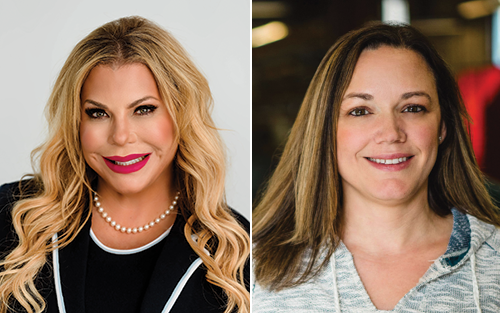
Left: Julie Muller, executive vice president, SMACNA-Western Washington. Right: Tammy Meyer, Local 66 Women’s Committee Chairperson.
“Julie is very supportive of all women in the trades,” says Local 66 Women’s Committee Chairperson, Tammy Meyer. “We can be candid with her because she is so caring toward us. When she came to us to talk about lactation pods for construction and whether we’d support it if she brought it to our union leadership, we said ‘Yes! Absolutely we would.’ As it stands right now, sisters have to use restrooms or their cars, and that’s not sanitary or comfortable.”
Both management and labor got behind the concept, pooling their resources and support. “SMACNA and the Joint Labor Management Committee are going to pay for the pods,” Meyer says. “Local 66 will help store and maintain them and make sure they get to where they’re needed.”
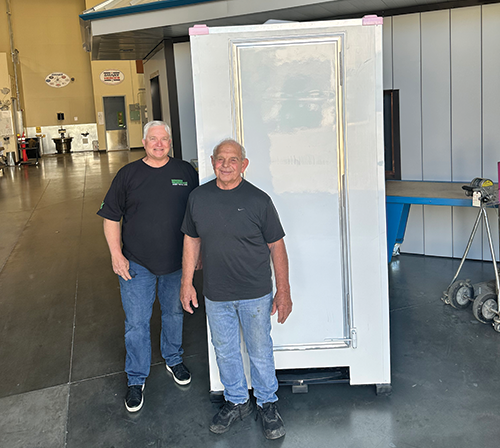
The first two outdoor lactation pods were manufactured in Southern California and delivered to the two Local 66 training facilities in Everett and in Dupont in June.
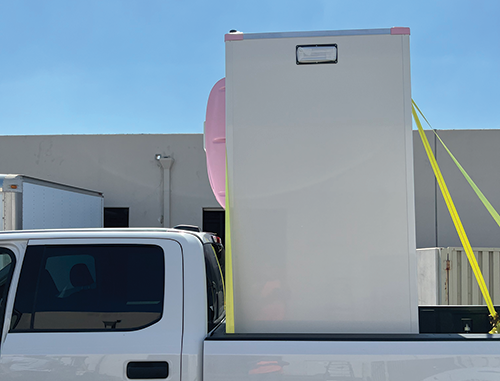
“They look similar to a porta-potty with that familiar shape but a bit larger, completely weatherproof, and accessed by remote entry and eventually an app,” Meyer says. “They will have solar plug-ins for equipment, a refrigerator to store the milk, air conditioning, and Wi-Fi.”
The pods also contain a seating area, a sink with water, and cleaning supplies. They can be easily loaded onto a trailer and placed on any jobsite in the Puget Sound area or in a big shop, wherever they’re needed.
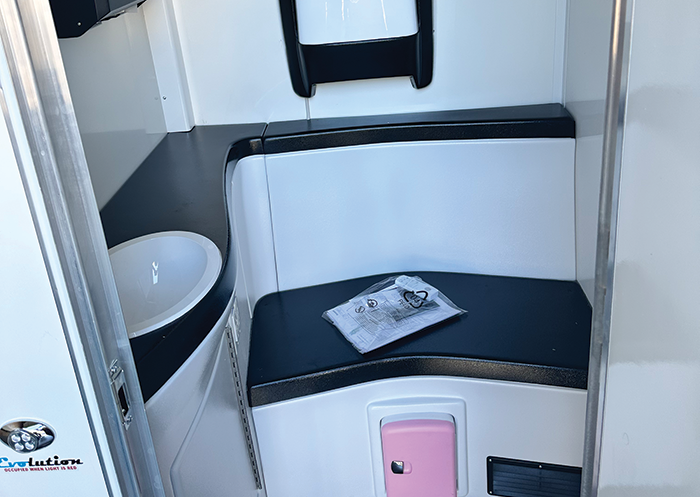
“We’ll have online access to put in a request for one,” Muller says. “We’re also developing some type of collateral for the contractor or union to be able to approach the general contractor and request permission to place a pod on the jobsite.”
Meyer noted that having this product available and discreetly in place takes away the awkward conversation on the jobsite about ‘What do we do with her?’ “It’s all set up and ready to go,” she says. “And our sisters will know that they’re cared for and valuable members of the team.” ▪



